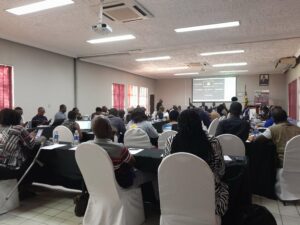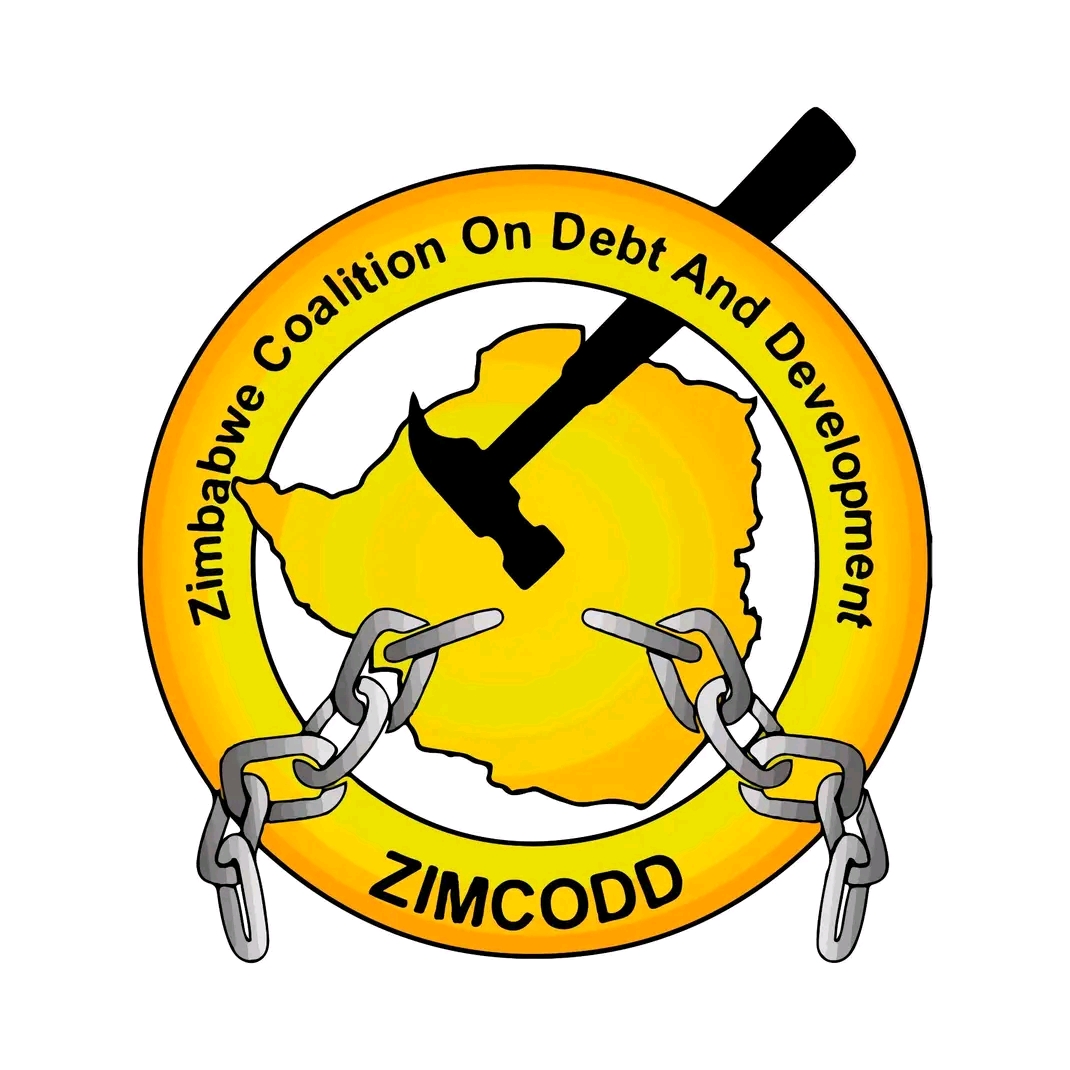|
Getting your Trinity Audio player ready...
|

By Lloyd Rabaya
Zimbabwe’s health and education service delivery is under scrutiny as the key sectors continue deteriorating, with rural populations suffering the most.
Notwithstanding the deficit of the facilities nationwide, other issues were raised at a two-day Zimbabwe Coalition for Debt and Development (ZIMCODD) State of Local Authority Service delivery (Education and Health) workshop with Parliament of Zimbabwe which started today.
In his presentation, Dr. Vincent Chakunda of Midlands State University (MSU) said the research they conducted in Gokwe South, Midlands province, revealed that the socio-political enviroment in the country makes it difficult for the rural population to access key infrastructure like health and education.
“We realised that in Gokwe South, there are 125 primary schools and 43 secondary schools, but on both schools, there is inadequate teaching staff accommodation and classroom blocks.
There are 23 fully operational clinics and 1 operational pending commission, and 6 not operational,” he said.
In the previous ZIMCODD and Parliament of Zimbabwe workshop, it was revealed that Zimbabwe has a national deficit of 2 953 schools, especially in the eight rural provinces which have many unregistered secondary schools.
Chakunda also mentioned that infrastructural pressure, economic crisis, staff shortages, and demotivation are amongst factors leading to poor service delivery in the health and education sectors.
“From the schools and clinics we visited, 86% and 84% respectively require major physical infrastructure replacement and repairs. The major economic activity in Gokwe South has been cotton markets but has declined on international markets.
This has a bearing on schools because the pupils are supposed to pay a levy, but the school arrears are so huge because parents do not afford the fees,”he added.
In times of storms, some schools, clinics, staff homesteads, as well as residents’ houses are usually pounded on due to alleged poor building structures.
Member of Parliament (MP) for Mashonaland Central’s Mt. Darwin West Honorable Witness Jonga said the research findings are a reflection of almost all rural districts and in his constituency they are using the Constituency Development Fund (CDF) as well as donor fund to build more health and education infrastructure and add to the inadequate number of schools and clinics.
Hon Jonga also called on the public to support their MPs whenever they will be trying to develop constituencies.
“In my constituency, we need at least 10 clinics, 15 primary schools, and about seven secondary schools to cater for the whole constituency.
I’m appealing to the government to consider supplying us with machinery and fuel to rehabilitate roads, especially in our rural areas it is easy because some materials and labour are easily available, like gravel, water among others,” he said.
Roads in Zimbabwe are now very difficult to navigate because of potholes with some bridges destroyed, and for People With Disabilities (PWDs) who require moving aid, it is a huge blow in the face.
Representing the Disability Caucus who is also MP for Goromonzi West, Honorable Beatrice Nyamupinga, said in the spirit of service delivery, PWDs are often segregated by the community, and Chakunda had overlooked the disabilities constituency.
Hon Nyamupinga called for the inclusion of PWDs in all aspects, including transport, educating of staff from various spheres about handling them, among other factors.
“It is time to mainstream disability. As a community, we need to change our mentality and start using proper language with PWDs, not insulting them. There is a need to make education institutions more accessible to them, like installing ramps besides the stairs,” she said.
According to the national disability policy launched in 2021, facilities such as ramps, for those on wheelchairs and braille for the visually impaired, among other disabled friendly facilities, should be found in public places.
Hon Nyamupinga also reiterated that there are a number of children with disabilities of school-going age who are not going because of fear of being laughed at and lack of facilities for specific disabilities among other factors.
Secretary of the Disability Caucus and MP for Hwange South constituency who is also Chairman for the PPC on Health, Honourable Daniel Molokele dovetailed with Nyamupinga and said it is high time disability mainstreaming moves from being mere rhetoric to taking action about the matter.
“We also have to amend the Constitution and make sure that as part of the Chapter 12 institutions, there should be a Disability Commission as a standalone institution to administer our policy and strategy around promotion of disability affairs in the country, “he said.
It is estimated that 1.4 million of the Zimbabwean population have some kind of disability.
Following the submissions from the disability caucus, Chakunda suggested that ZIMCODD, with support from relevant authorities, would initiate another research focusing on PWDs in rural communities, which will also help in shaping the proposed Persons with Disabilities bill which is to be presented to Parliament.






